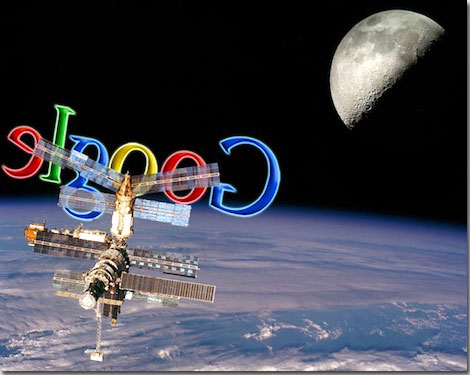Internet Satellite Development to cost Google $1 Billion

Google Inc., the global Internet giant, has apparently been busy with plans to deploy 180 minor satellites into the atmosphere that would be instrumental in offering Internet access to the underdeveloped regions of the world. According to sources, Google has allotted a budget of more than $1 billion to deploy all the low-Earth orbit satellites.
Not much information is available on Google’s plans but the project is expected to begin with 180 minor, high-capacity satellites that will orbit the lower altitudes of the Earth, well below the traditional satellites. Sources who broke the news to Wall Street Journal mention that the venture might be spearheaded by the founder, Greg Wyler, of O3b Networks, the satellite-communications start-up.
The project has also recruited engineers from Space Systems/Loral, the satellite company, and this may drive up the cost of the project over $3 billion.
Google has yet to make any official comments regarding the venture but it is well-known that the tech company has long sought methods to offer reliable online access to the emerging regions without investing in costly ground-based infrastructure. During June of last year, the company unveiled Project Loon, which was born out of the initiative of Google’s in-house skunk works facility, Google X, to provide Internet access via air balloon.
These high-flying balloons were all powered by solar energy and were remotely controlled. They are capable of navigating the stratospheric winds 12 miles above the Earth’s surface, which is far greater than the height most planes travel at. In a manner similar to the workings of the satellite Internet, the balloons have the capacity to communicate with receiver stations and special antennas present at ground level.
In its untiring quest to offer access to the World Wide Web across the underserved areas, Google has become locked in a fierce competition with Facebook, which also expressed an interest in Titan Aerospace. The popular social network has kept itself busy in the process, spearheading Internet.org, a coalition comprised of various mobile technology companies, which is working fast to bring Internet access to the 5 billion or so individuals on the planet who remain without it.

